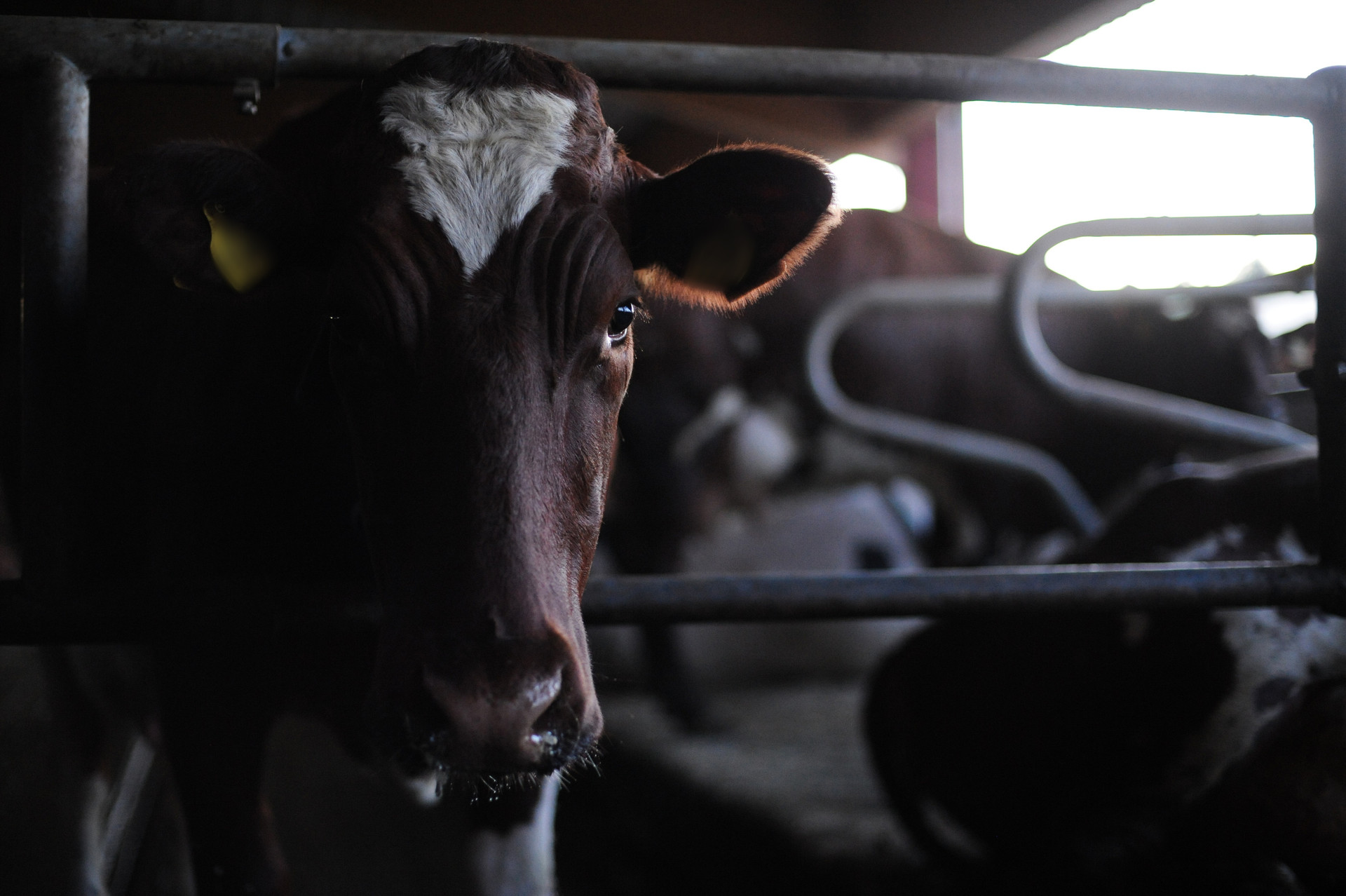
Evaluation of the EU Animal Welfare Strategy 2012-2015 – Enforcement Is Still a Big Issue!
An evaluation of the strategy published by the European Commission supports what FOUR PAWS has been pointing out: despite the clear intentions of the strategy, there is a wide gap between legislation and enforcement of animal welfare regulations in the EU.
The EU Animal Welfare Strategy, while originally designed to run over the course of four years, has delivered actions until 2018. Now, three years after it ended, the European Commission has published a review and evaluation of the strategy. These findings will contribute to the ongoing review of the European animal welfare legislation and also feed into the Farm To Fork strategy.
The evaluation study found, that a majority of the problems identified in 2012 are still relevant today, the biggest issue being the enforcement of compliance with the regulations across all member states. Particularly in the areas of live animal transport and welfare of pigs, violations occur very frequently.
“The EU has taken a rather soft approach with the strategy. Most measures aim to support member states in the enforcement of the EU legislation,” says Pierre Sultana, Director of the European Policy Office at FOUR PAWS. “However, this approach alone has not been successful and the EU should additionally take more direct measures through financial penalties and infringement procedures. The transport regulation 1/2005 in particular has been very prone to violations, which is why FOUR PAWS calls for a total ban on live animal exports to third countries and much stricter regulations and enforcement on transports within the European Union. We welcome the upcoming review of the animal welfare legislation and call for improvements and urge the commission to address the issues and weaknesses highlighted by the evaluation.”
The evaluation also suggests that further alignment between animal welfare legislation and the Common Agriculture Policy (CAP) is necessary to increase awareness of animal welfare requirements amongst CAP beneficiaries. “There is a lot of room for improvement here,” says Pierre Sultana, “Some stakeholders will receive financial CAP support, despite their violations of the EU animal welfare regulations. The CAP support should be strictly tied to compliance with all regulations.”
Most notably, the evaluation states that none of the strategy’s objectives have been fully achieved. This supports FOUR PAWS’ call for stricter legislation and enforcement of current legislation. “The strategy identified a lot of the current issues and problems regarding animal welfare and drew attention to many important issues,” says Pierre Sultana, “However, it lacked the tools and strength to enforce legislation and solve the issues at hand. We hope, that the European Commission will draw from this evaluation when reviewing Animal Welfare legislation and working on the Farm to Fork strategy to make sure that those strategies and laws are equipped with sufficient tools to guarantee compliance across the European Union.”
FOUR PAWS is the global animal welfare organisation for animals under direct human influence, which reveals suffering, rescues animals in need and protects them. Founded in 1988 in Vienna by Heli Dungler and friends, the organisation advocates for a world where humans treat animals with respect, empathy and understanding. The sustainable campaigns and projects of FOUR PAWS focus on companion animals including stray dogs and cats, farm animals and wild animals – such as bears, big cats and orangutans – kept in inappropriate conditions as well as in disaster and conflict zones. With offices in Australia, Austria, Belgium, Bulgaria, France, Germany, Kosovo, the Netherlands, Switzerland, South Africa, Thailand, Ukraine, the UK, the USA and Vietnam as well as sanctuaries for rescued animals in eleven countries, FOUR PAWS provides rapid help and long-term solutions. www.four-paws.be
